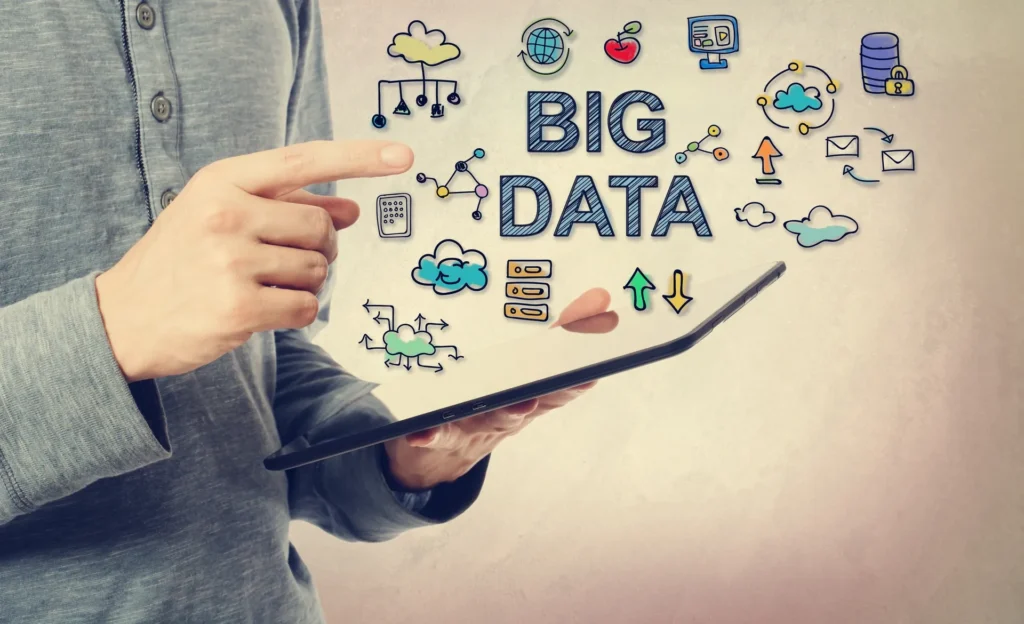Big Data is both a blessing and a curse for most consumers.
Big Data has transformed our entire economy, from healthcare, to finance, to education, and become an integral part of our personal lives, impacting everything from how we shop, how we travel, and the ways we keep in touch with the important people in our lives. Big Data provides invaluable insights and greatly expands our ability to be better informed when making countless important decisions in our lives, yet of course it also poses numerous challenges that require careful and thorough consideration that both maximize its potential while also expanding safeguards to our individual privacy and security.
First, privacy concerns arise as organizations collect and analyze massive amounts of personal data. Consent to clear and understandable user agreements is essential in the data collection process, as is transparency about how it will be used and who will be using it. This is where robust data protection measures such as data encryption and strict access controls must be implemented to prevent unauthorized use or disclosure of sensitive personal information.
Second, the processing and analysis of our personal data today employs extremely advanced technological tools, such as analytics tools that can process a previously unheard-of amount of data, as well as machine learning algorithms that at times can appear to read our minds. These advancements are necessary to effectively handle the vast amounts of data generated to effectively serve the consumer market, yet technology is advancing at a quickening pace, beyond the ability of consumers to fully grasp the manner in which their personal data is utilized and especially lawmakers and regulators attempting to balance the economic benefits of data analytics with consumer privacy rights.
Third and finally, data security is crucial to protect against cyber threats and unauthorized data breaches. Organizations who collect, process, or distribute our personal data need to consistently update their systems and invest in keeping pace with the most secure protocols and most rigorous practices in the handling of private data. Stopping bad actors and defending against aggressive cyber-attacks on data servers requires constant vigilance. There should be no excuse for data theft or misuse, and identifying and addressing potential vulnerabilities in the data ecosystem requires a proactive approach by both the private and public sector.
Despite the amazing leaps in technology we have seen in just the past decade, we are barely scratching the surface of where technology will take us. Big Data is here to stay, and while it is the key to nearly limitless possibilities for future consumer and financial benefits, decision makers and innovators both owe a public duty to prioritize privacy and security as technology advances. Robust data protection measures that include ongoing investment into secure digital infrastructure systems, along with informed and proactive public policy is the key to a safe and secure digital future for all.





